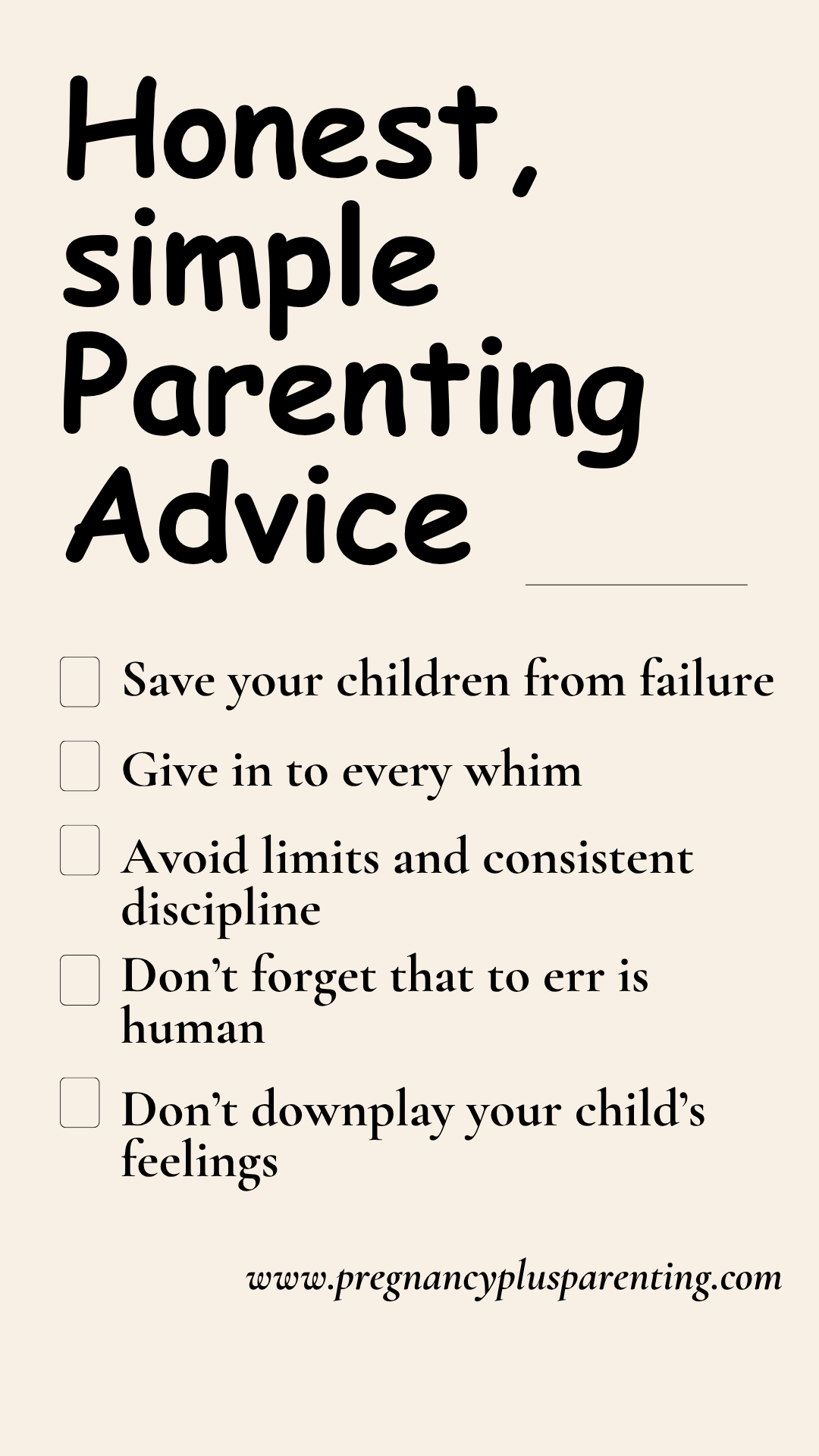The Secret to Unbreakable Kids? Avoiding These 5 Mistakes
We all make mistakes in life .
For me, I feel like I make a lot (A LOT) of mistakes because I feel like an overworked modern mom.
This morning I left our back door open, and our dog temporarily wandered off. This weekend, I accidentally left a wet load of laundry in the washing machine for two full days until it smelled bad.
And last week, I left my coffee on top of my car as I raced off to take my son to baseball practice.
I’m not afraid to admit that I make mistakes in parenting, too. Are there days when my children spend too much time in front of screens? Absolutely.
Do I sometimes hide in the bathroom when I hear my kids fighting so I don’t get involved? Yes. Did I accidentally send my second-grader to school in his pajamas because I could have sworn it was pajama day (but it wasn’t)?
Unfortunately yes.
Most of our parenting mistakes are harmless (as long as you consider sending your child to school in pajamas harmless). But which parenting mistakes actually have a negative impact on the mental strength of our developing child?
Honest, simple parenting advice
What is mental strength?
Mental strength is the ability to find inner peace, work toward goals, and overcome challenges when faced with discomfort.
Think of your child’s brain as a “muscle.” As parents, we have a responsibility to help our children develop their mental strength and prepare for the obstacles they will inevitably encounter.
These 5 parenting mistakes, confirmed by psychologist Tracy Hutchinson, can actually harm your child’s mental health .
So, if you want to raise mentally indestructible children, refuse to do these 5 things.
1) Save your children from failure
It is said that Thomas Edison failed 1000 times before he successfully invented the light bulb.
When asked how it felt to fail 1,000 times, Edison simply said, “I didn’t fail 1,000 times. The light bulb was an invention of 1,000 steps.”
I’m just saying.
Grit, or willpower, isn’t necessarily about coming first or making big money. It’s not about the result.
It’s about the process. Let your children experience the entire process. Failures and successes alike.
Mental strength is gained when children at least try to solve their problems themselves.
2) Give in to every whim
Children love snacks, toys and gifts of all kinds and at any time.
However, research shows that giving in to every request and over-indulging our children affects their mental strength.
Encourage your child to try new things, fight through adversity, and learn to get up after failure.
These simple parenting tips are designed to give children the confidence to have new experiences in life.
3) Avoid limits and consistent discipline
I’ve certainly struggled with this one. I’m not a routine-oriented mom. I’m more of a go-with-the-flow mom.
When you set (and stick to) clear boundaries in your home, you give your children a sense of stability in their lives.
Your boundaries don’t have to be military. They can be as simple as “no technology at the dinner table.”
Giving in too often and allowing rules to be negotiated can lead to power struggles between you and your children.

4) Don’t forget that to err is human
Mentally strong children set goals, but learn that not all goals are easy to achieve.
However, as parents, we must accept our children’s shortcomings and help them understand that perfection is impossible.
Your child will sometimes forget to do their homework. They WILL not always win the spelling bees. They WILL sometimes hit.
Support your children when they fail. Use losses as an opportunity to teach children how to set goals and work hard.
However, use these moments to teach your children that no one is perfect.
Consider learning more about the gentle parenting method. Gentle parenting focuses on developing mutual respect, teaching mindfulness and empathy, and setting healthy boundaries.
5) Don’t downplay your child’s feelings
When we say things like, “Stop worrying about it” or “It’s okay!” we block out their emotions .
It is important that children feel comfortable expressing their feelings.
If your child seems upset or wants to talk, start the conversation right by saying:
– I see you feel __
– Tell me, why do you feel this way?
– What would make you feel better?
Validate your child’s feelings and help them learn how to talk about the uncomfortable things they may be feeling.
Final thoughts on parenting mistakes
If you make these simple parenting adjustments, you will raise children who can overcome any obstacle that comes their way.
Even if they are sent to school in their pajamas one day!







